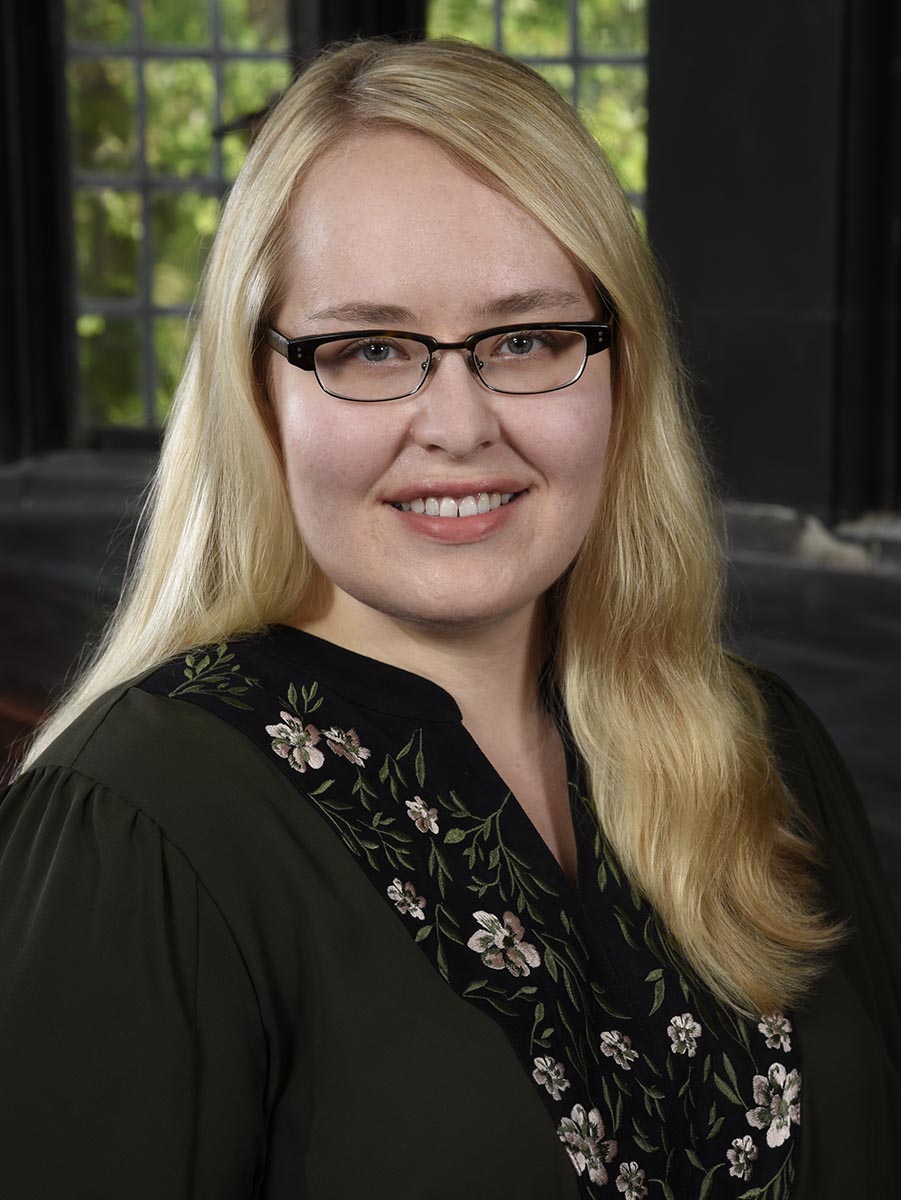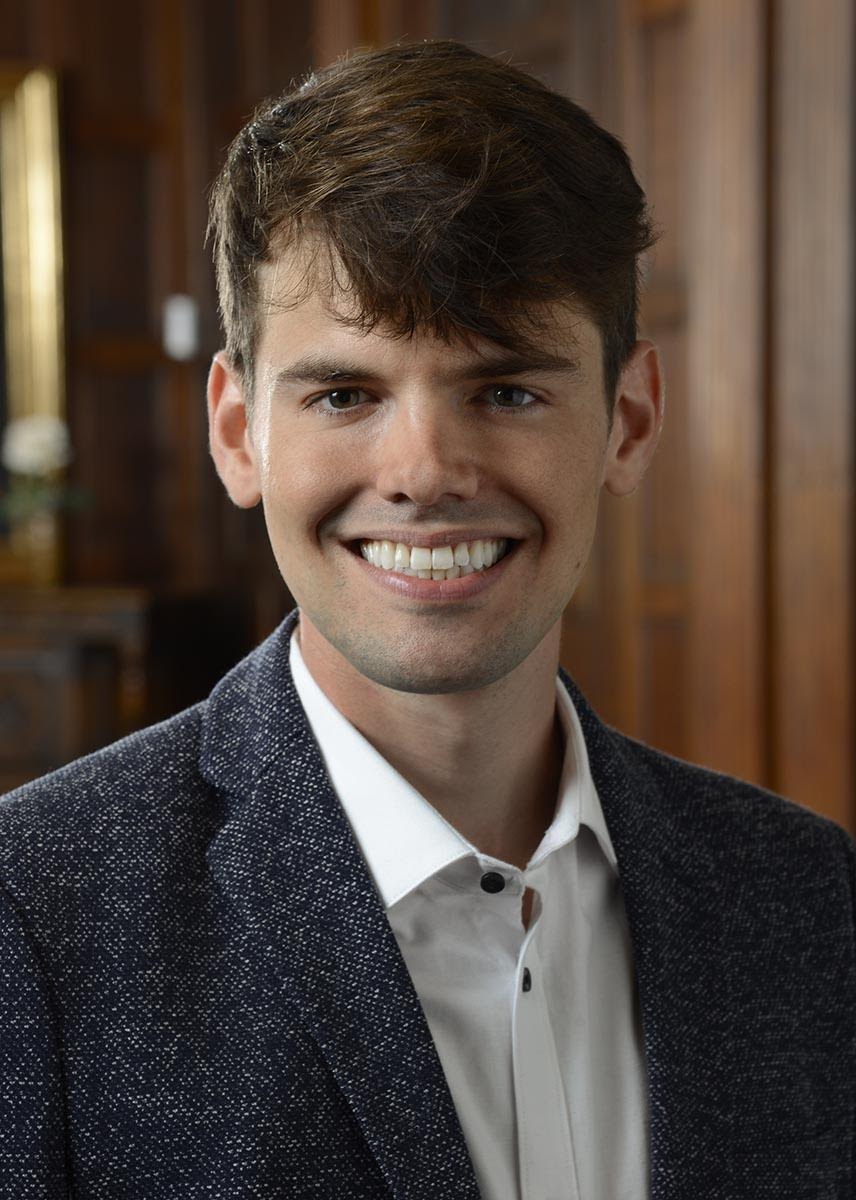
Stephanie Painter explores the intersecting histories of women, gender, sex, crime, and resistance in Qing China. Turning to the extraordinary to unlock new possibilities for our understanding of the everyday, Painter's book project entitled, “What She Had, What She Wanted: Wifely Defiance in Late Imperial China,” reclaims violence as an instrument of women's power. Drawing upon hundreds of homicide reports (xingke tiben 刑科题本) preserved at the First Historical Archives of China in Beijing about wives sentenced to death for killing their husbands, Painter argues that historians have underestimated the role of ordinary, non-elite women’s emotional, material, and working lives in shaping early modern Chinese society. The impressions that these “female criminals (fanfu 犯婦)” left on the archive move scholarship beyond an image of women as collaborators in the reproduction of patriarchy, making it possible to see the ways women not only worked within, but also pushed against and broke through, this gender system.

Corbin Page is a postdoctoral Teaching Fellow in the Social Sciences collegiate division. He studies legal history, the history of criminal law, civil detention, and the human sciences. His book project is a comprehensive history of the development of modern sex offender laws in the United States, spanning the late-nineteenth to the late-twentieth century. The project examines the expert discourses and laws that constituted sexual criminals as uniquely abject and dangerous. It also uncovers how the accused experienced and responded to this regime, showing how their successful midcentury legal challenges to arbitrary and discriminatory laws expanded sexual freedom for many queer people but also inadvertently contributed to the rise of the determinate sentencing movement and contemporary sex offender registration and notification laws.
Corbin has published work in the journal History of Psychology and in the Chicago Review. He holds a J.D. from the University of Texas School of Law and a B.A. in philosophy from the University of Florida.

Nicholas Kryczka studies the history of American schools and cities. He teaches classes on these topics, as well as courses in oral history methods and American civilization in UChicago's History Department—where he earned his PhD in 2019. Nick's book manuscript in-progress, Schooling Renewal: Choice and Community in Post-Civil Rights Chicago, traces a path from the school politics of voluntary integration and community empowerment in the 1960s to the dynamics of urban renaissance and choice-and-accountability reform at the close of the twentieth century. Before coming to the University of Chicago, Nick worked for ten years as a social studies teacher in the Chicago Public Schools. Nick earned his BA at the University of Illinois in Urbana-Champaign and an MA from Northeastern Illinois University.
Learn more here.